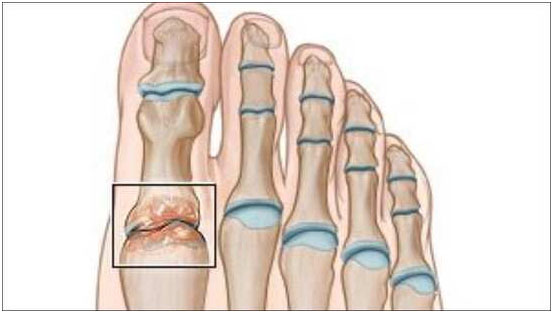The findings of a recent animal-based study suggests that a new biosealant therapy may help to stabilise injuries that cause the cartilage to break down, paving the way for a future fix, or even better, begin working right away with new cells to enhance healing.
The study by researchers at the Perelman School of Medicine at the University of Pennsylvania was published in Advanced Healthcare Materials.
“Our research shows that using our hyaluronic acid hydrogel system at least temporarily stops cartilage degeneration that commonly occurs after injury and causes pain in joints,” said the study’s senior author, Robert Mauck, PhD, a professor of Orthopaedic Surgery and the director of Penn Medicine’s McKay Orthopaedic Research Laboratory. “In addition to pausing cartilage breakdown, we think that applying this therapy can present a surface that is ‘sticky’ for cells, such as stem cells that are routinely injected into joints to counteract injury. This reinforcing hydrogel could actually synergize with those cells to create a long-term solution.”
Articular cartilage is the tissue that covers the ends of bones at joints. It keeps bones from painfully grinding together, and its density and resilience allow it to undergo a lot of forces amid human movement. Unfortunately, this routine yet complex stresses cause the cartilage to wear down easily – particularly amid some form of injury – and is hard to replace or regrow. This means that it is especially important to keep the remaining cartilage strong and stable.
To that end, Mauck, study lead author Jay Patel, PhD, a former post-doctoral fellow in the McKay Lab and now an assistant professor at Emory University, and their team developed a therapy to use a modified version of hyaluronic acid – a substance naturally produced by the body’s connective tissue – that could be introduced to the injured cartilage site. They recognized that this therapy needed to follow a twofold key to preserving cartilage: reinforcement and sealing.
